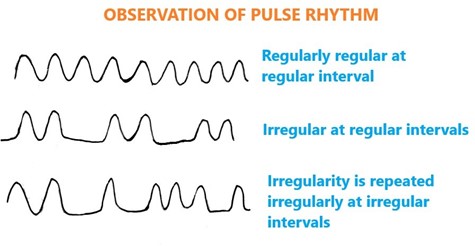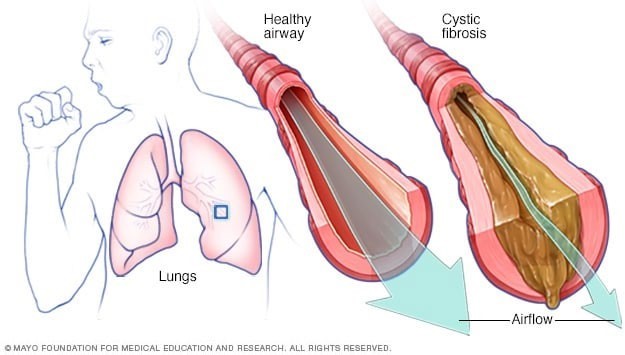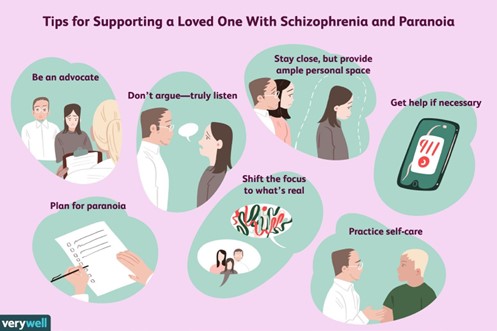A 3-week-old infant is admited to the pediatric unit with vomiting and dehydration. The mother describes the infant as having projectile vomiting after eating. She also tells the practical nurse (PN) that the baby is always hungry. Which finding warrants immediate intervention by the PN?
Hyperactive gastric sounds.
Irregular palpable pulse.
Crying without tears.
Underweight for age.
The Correct Answer is B
This finding may indicate a potential cardiac issue that needs immediate medical atention. Projectile vomiting and excessive hunger in a young infant may be signs of pyloric stenosis, a condition in which the muscle between the stomach and small intestine thickens, making it difficult for food to pass through.
Hyperactive gastric sounds may be present with vomiting, but it is not an immediate concern.
Crying without tears may be a sign of dehydration, but it is not an immediate concern.
Underweight for age is a concern but it is not a finding that requires immediate intervention.


Nursing Test Bank
Naxlex Comprehensive Predictor Exams
Related Questions
Correct Answer is D
Explanation
The pattern of bowel movements is the most important information for the practical nurse (PN) to obtain when assisting with the admission of a 12-month-old child with a history of frequent colds and growth failure who is being tested for a possible diagnosis of cystic fibrosis (CF). CF can cause thick, sticky mucus to build up in the digestive tract, leading to problems with digestion and absorption of nutrients. This can result in bulky, greasy stools and growth failure.
The number of respiratory infections since birth (Option A) and a description of the child's appetite (Option C) are also important pieces of information, but they are not as critical as the pattern of bowel movements. The number of siblings in the family ( Option B) is not directly relevant to the child's medical condition.

Correct Answer is D
Explanation
The first intervention the PN should implement is to **sit and offer to listen to the client's concerns**. It is important to approach the client in a calm and non-threatening manner and to establish a rapport with him. Offering to listen to his concerns can help the client feel heard and understood, and can help build trust between the client and the PN.

Whether you are a student looking to ace your exams or a practicing nurse seeking to enhance your expertise , our nursing education contents will empower you with the confidence and competence to make a difference in the lives of patients and become a respected leader in the healthcare field.
Visit Naxlex, invest in your future and unlock endless possibilities with our unparalleled nursing education contents today
Report Wrong Answer on the Current Question
Do you disagree with the answer? If yes, what is your expected answer? Explain.
Kindly be descriptive with the issue you are facing.
